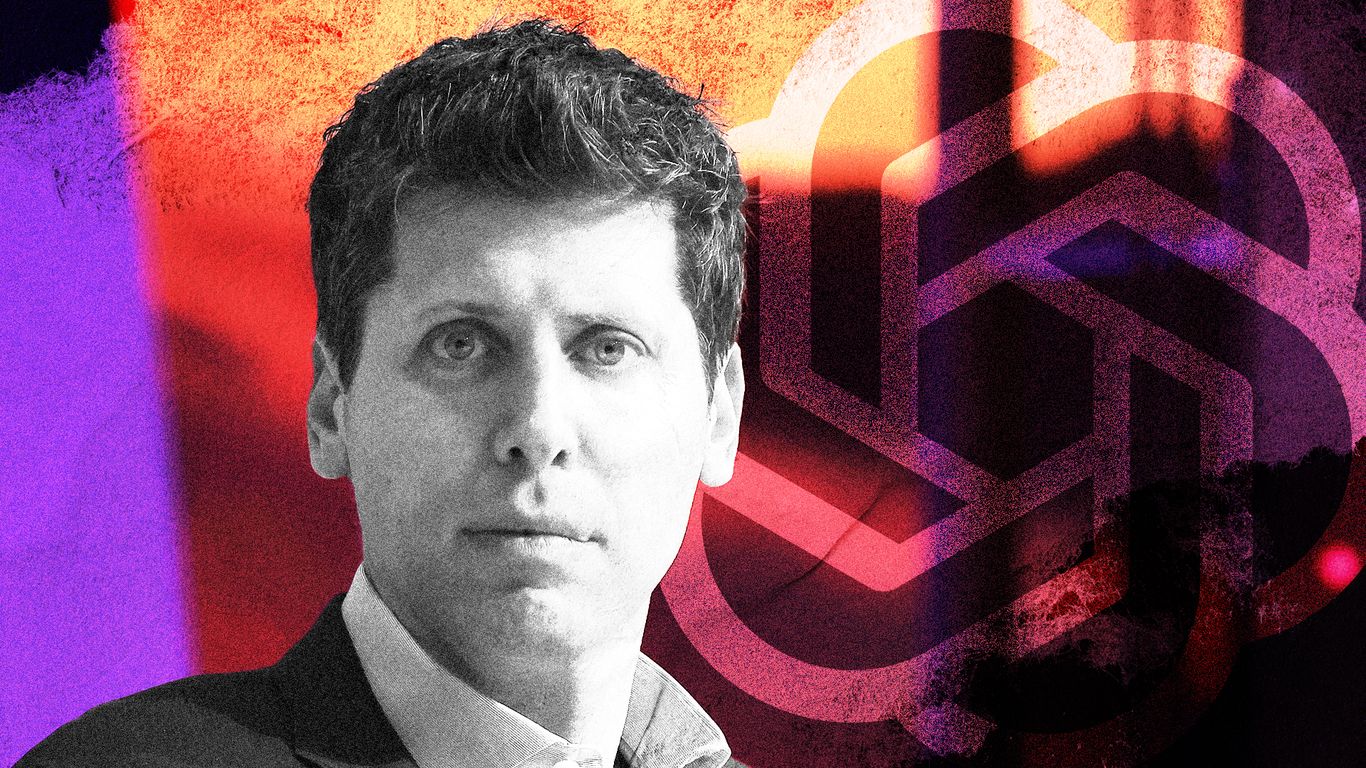Summary
Sam Altman, from OpenAI, says the company might add encryption to ChatGPT, focusing first on temporary chats to protect user privacy. This move comes as more people share sensitive data with ChatGPT, and OpenAI wants to protect these conversations. OpenAI hasn't set a timeline for this change, and there are challenges because OpenAI needs access to some data for its services.
Key Facts
- OpenAI is considering adding encryption to ChatGPT, starting with temporary chats.
- People share sensitive information with ChatGPT, but these conversations are not legally confidential like those with doctors or lawyers.
- Temporary chats might get encryption first, as they are not saved in history but can be kept for 30 days for safety.
- Encrypted messaging typically prevents companies from accessing conversation content, which is challenging with chatbots since providers are often part of the conversation.
- Full encryption for all ChatGPT services is complicated because OpenAI needs access to data for features like long-term memory.
- OpenAI has seen few requests from law enforcement for customer data but anticipates more in the future.
- Altman believes AI conversations, especially involving sensitive topics, should have similar legal protections as those with professionals.
- Lawmakers have shown some interest in privacy protections for users of AI services.

